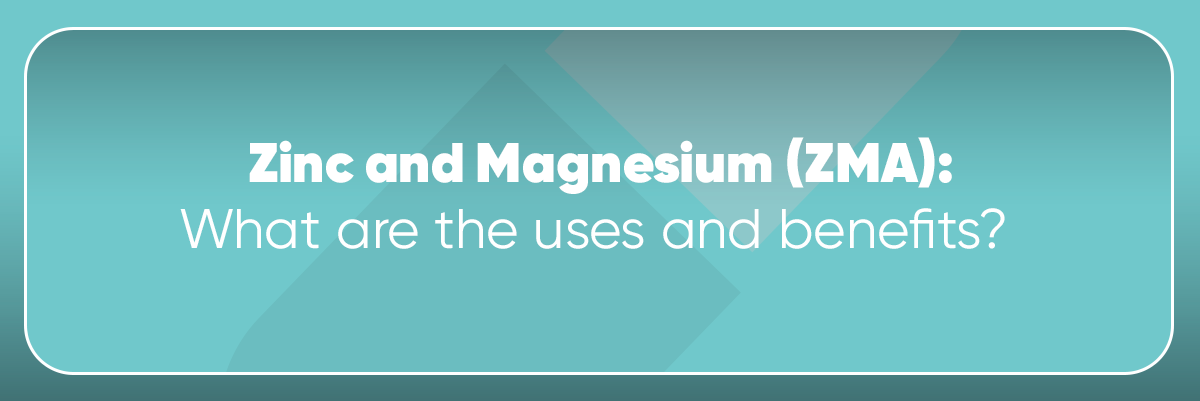Some of you may have heard of Milk Thistle before as it’s often associated with the healthy functioning of the liver, and with Dry January well and truly over, some of us may be experiencing lingering hangovers. Milk Thistle extract, or Silymarin, is often used as a herbal hangover cure as it’s proven to flush toxins out of the vital organ.
What’s more, the liver is responsible for 500 functions within the body, including the production of certain proteins, breaking down fat and regulating the levels of amino acids, which form the building blocks of proteins (1). So, looking after our livers should not be overlooked!
Milk Thistle is typically used for more serious liver related illnesses such as hepatitis and cirrhosis. The herb is also believed to prevent, or even treat, medical conditions such as high cholesterol and diabetes as well as ailments like heartburn, upset stomach, gallbladder problems, menstrual pain, depression, and even certain types of cancer.
What is Milk Thistle?
Milk Thistle is a flowering plant, related to the daisy and ragweed family. It is native to Mediterranean countries and is purple and prickly in appearance.The active ingredients in the Milk Thistle plant are a group of compounds known as Silymarin. Silymarin is an antioxidant compound taken from Milk Thistle’s seeds (3). This herbal remedy is known as Milk Thistle extract, which has a high amount of silymarin (between 65–80%).
What are the top 5 benefits of taking Milk Thistle?
1. Milk Thistle helps support liver function
Studies have shown improvements in people with liver diseases who have taken a Milk Thistle supplement, suggesting it could help reduce liver inflammation and liver damage (4). It may also have protective effects on the liver, preventing damage as well as helping people who have cirrhosis and chronic hepatitis, which can be caused by alcohol abuse, autoimmune disease, or viruses. Some studies even show that Milk Thistle may help people whose liver is damaged by industrial toxins, such as toluene and xylene (5).
2. Milk Thistle can lower blood sugar levels for people with diabetes
It has been argued that Milk Thistle can be beneficial to those suffering from type 2 diabetes. Medical research suggests that Milk Thistle, combined with traditional treatment, can improve diabetes as studies have shown that by taking regular doses of Milk Thistle extract, it can decrease blood sugar levels and improve cholesterol. Researchers have also found that Milk Thistle improved insulin resistance, a key part of type 2 diabetes. Additionally, the antioxidant and anti-inflammatory properties may also be useful for reducing the risk of developing diabetic complications like kidney disease (6).
3. Milk Thistle can boost the effectiveness of some chemotherapy treatments
It’s been suggested that the antioxidant effects of silymarin may have some anticancer effects, which could be helpful for people receiving cancer treatment. It may also make chemotherapy work more effectively against certain cancers and, in some circumstances, even destroy cancer cells.
However, the studies in humans are very limited and have yet to show a meaningful clinical effect in people.
4. It can boost breast milk production
One reported effect of Milk Thistle is that it can boost breast milk production in lactating mothers. It’s thought to work by making more of the milk-producing hormone prolactin. Although the data is very limited, one randomised controlled study found that mothers taking 420 mg of silymarin for 63 days produced 64% more milk than those taking a placebo. However, this is the only clinical study available.
5. It can reduce acne
Acne is a chronic inflammatory skin condition. While not dangerous, it can cause scars. People may also find it painful and worry about its effects on their appearance. It’s been suggested that oxidative stress in the body may play a role in the development of acne. As a result, due to its antioxidant and anti-inflammatory effects, Milk Thistle may be a useful supplement for people with acne. Interestingly, one study found that people with acne who took 210 milligrams of silymarin per day for 8 weeks experienced a 53% decrease in acne lesions (7).
What are the side effects of taking Milk Thistle?
Milk Thistle is generally considered safe. Nevertheless, pregnant women, those allergic to the Asteraceae family of plants, those with diabetes and anyone with an estrogen-sensitive condition should seek medical advice before taking it. This is because Milk Thistle can change the way that your body metabolises certain drugs in the liver, triggering interactions with anti-inflammatory drugs such as Ibuprofen and antibiotics like Biaxin. However, studies have shown that when high doses of Milk Thistle were used for long periods of time, only about 1% of people experienced side effects (8).
What doses do Milk Thistle supplements come in?
There are no guidelines directing the appropriate use of Milk Thistle. Milk Thistle supplements are commonly sold in capsule form, but are also available as tablets and even tea bags. Various suppliers offer different dosages of Milk Thistle in their capsules. Some range from 50mg to 1000mg and prices can range from anywhere between £9 to £25 and over.
Where to buy Milk Thistle
At Prohormones UK, we stock German Pharma Milk Thistle capsules, which contain 350 mg of Milk Thistle Extract (80% Silymarin). Our product is suitable for vegans and vegetarians and for the best results to give your digestive system the support it needs, we recommend taking two capsules a day (9).




Leave a comment
All comments are moderated before being published.
This site is protected by hCaptcha and the hCaptcha Privacy Policy and Terms of Service apply.